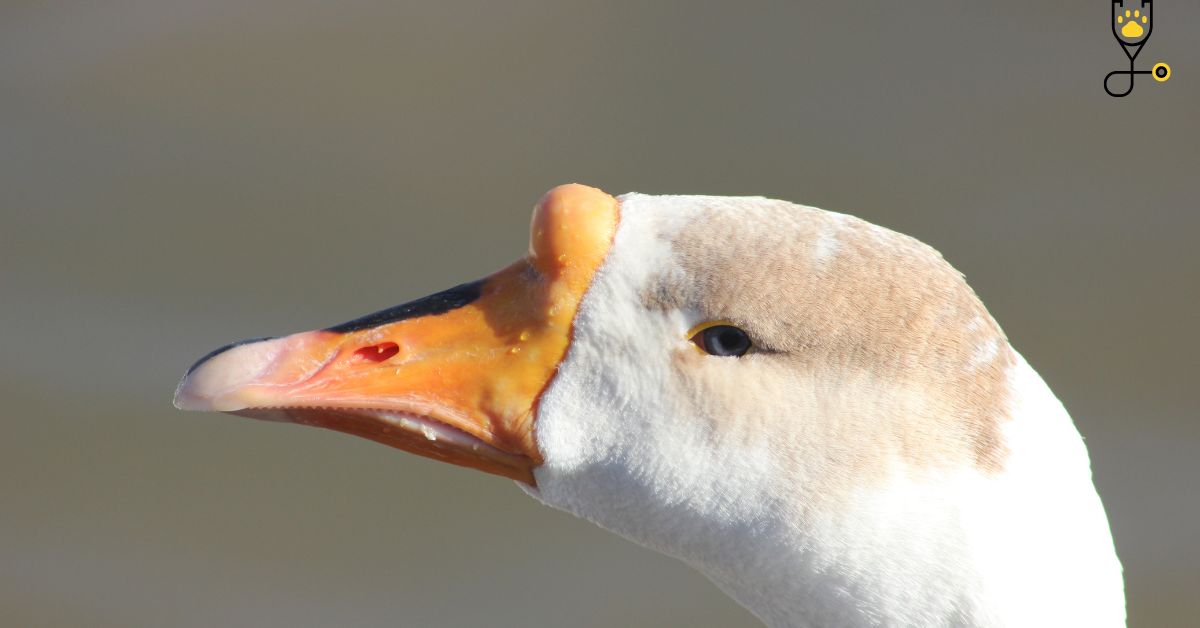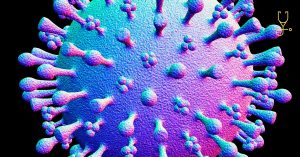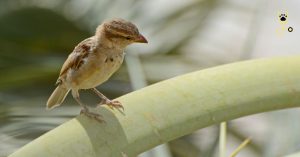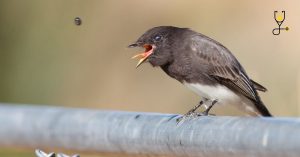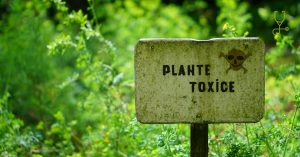If you’re a bird owner, then managing your pet’s beak is an important part of your healthcare regimen. It can be baffling to discover flaky bits around the edges of a usually healthy beak, leaving owners with questions about what’s causing it and how to prevent it in the future. In this article, we take look at why pet birds have flaky beaks so that you can best address this issue for your feathered friend.
What are flaky beaks?
Flaky beaks are layers of dead skin that cover the outer edges of a bird’s bill. It is often referred to as ‘beak crusting’ or, in more severe cases, ‘beak hyperkeratosis.’ The flaking can range from slight discoloration and roughness around the edges to thick yellow patches covering most of the beak. In some cases, the entire top half of a bird’s beak may look thickened and cracked with small pieces flaking off.
Causes of Flaky Beaks in Birds
1. Vitamin A deficiency
An inadequate amount of vitamin A can cause a bird’s beak to become dry and flaky.
Learn: Vitamin-Rich Foods for Pet Birds

2. Low humidity levels
Dry air can cause the edges of your pet’s bill to become rough and cracked.
3. Nutritional deficiencies
Improper diet can cause the beak to become thin and weak, resulting in pieces breaking off easily when touched or eaten by the bird.
Also read: How A Cuttlebone Helps a Bird Groom Its Beak While Providing Calcium
4. Allergy or sensitivity
Certain foods or environmental factors may trigger an allergic reaction, leading to flaking on a bird’s beak.
5. Infection
Bacterial or fungal infections may lead to scabbing, flaking, and discoloration of the beak.
6. Injury
If a bird’s beak has been damaged due to trauma or injury, it may become thickened and flaky as the tissue heals.
7. Stress
Excessive stress can cause physical changes in a bird’s body, including roughness and flaking around its bill.
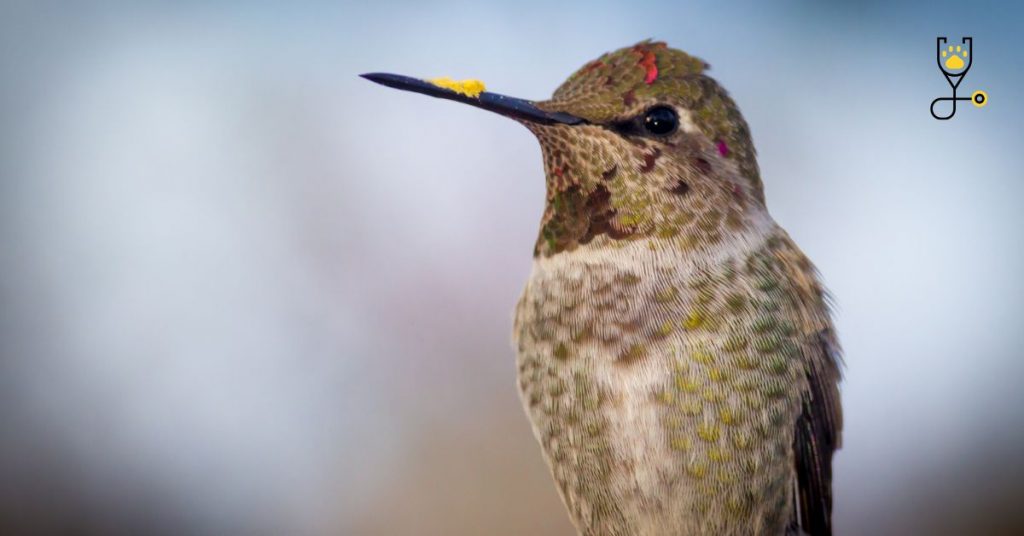
8. Sunburn
Too much exposure to direct sunlight can cause a bird’s beak to become red and sensitive, leading to cracking and peeling of the skin on the edges.
9. Insect bites/stings
A bug bite or sting near a bird’s bill can cause irritation, resulting in patches of flaky skin.
10. Parasites
Mites and other parasites may cause irritation around the bill, resulting in flaking and discoloration.
11. Disease
Diseases such as psittacine beak and feather disease (PBFD), proventricular dilatation disease (PDD), or Avian pox can cause flaking of a bird’s beak.
12. Malnutrition
A lack of essential vitamins and minerals can lead to dryness, scabbing, and peeling of a bird’s bill.
Learn: Best & Healthy Food you can feed your Bird
13. External irritants
Things like smoke, fumes, chemicals, or perfumes in the environment may cause a bird’s beak to become dry and cracked.
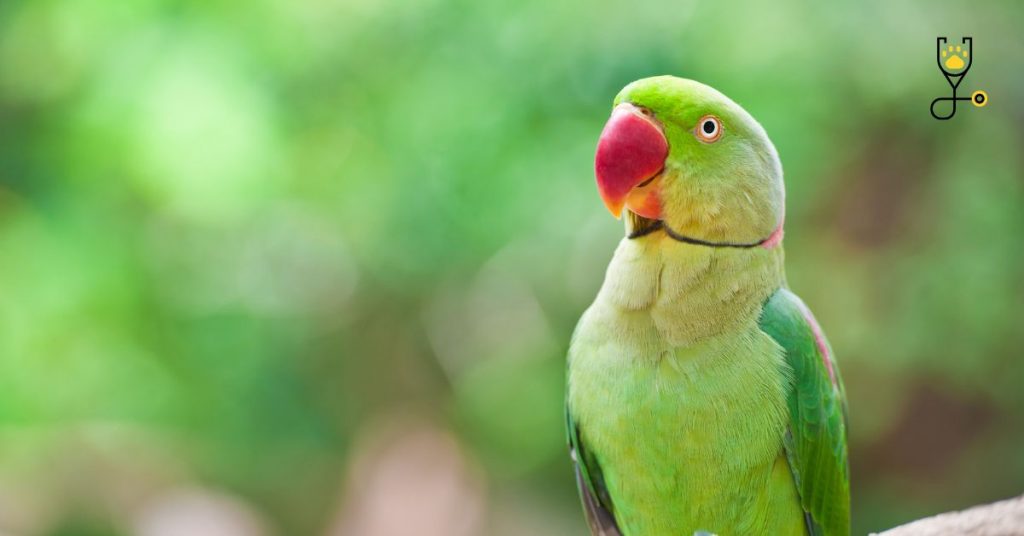
14. Low blood calcium levels
A lack of calcium can lead to softening and cracking of the edges of a bird’s beak.
15. Aging
As birds age, their beaks may slowly become more brittle and flaky due to wear and tear over time.
Treatments for Flaky Beaks in Birds
1. Diet
Provide your bird with a healthy, balanced diet high in essential vitamins and minerals to ensure that its beak is properly nourished.
2. Humidity
Keep the air moisture levels at an appropriate level for your bird’s breed and size so that their beak does not become dry or cracked.
3. Supplements
If necessary, provide additional vitamin supplements to help maintain good health and prevent deficiencies from developing.
4. Treat Allergies/Sensitivities
Identify any potential allergens or irritants in the environment and take steps to avoid exposure to them if possible.
5. Veterinary Care
Take your pet to the vet for a check-up and to rule out any medical conditions that may be causing the problem.
6. Address Parasites
If necessary, get your bird treated for parasites such as mites or lice to avoid any further irritation of their beak.
7. Clean Beak
Regularly clean off any loose flakes or dirt using warm water and soft cloths.
8. Take Breaks From Sunlight
Make sure your pet is not spending too much time in direct sunlight, as this can cause sunburn and flaky skin on their bill.
9. Avoid Injury
Take precautions to avoid any potential trauma or injury to the beak such as providing adequate perches and avoiding rough play with other birds.
10. Reduce Stress
Ensure your bird is in a calm, stress-free environment and provide toys and activities to keep them occupied.
Conclusion
A flaky beak can have many causes, from dietary deficiencies to stress and injury. It is important to identify the root cause of the issue so that appropriate measures can be taken to treat it. By providing a nutritious diet, monitoring environmental irritants, and taking regular breaks from direct sunlight, you can help keep your bird’s beak healthy and strong.
FAQs
Q: How can I tell if my bird has a flaky beak?
A: Look for flakes of skin on the edges of your bird’s bill or discoloration around the beak. If you notice any changes, take your pet to the vet for a check-up and to rule out medical conditions.
Q: What should I do if my bird’s beak is flaking?
A: First, identify potential causes such as diet, environmental irritants, or injury. Then take appropriate measures to treat the issue. For example, provide your pet with a nutritious diet and adequate humidity levels in their environment. If necessary, take them to the vet for further examination and treatment.
Q: How can I prevent my bird’s beak from becoming flaky?
A: The best way to prevent a flaky beak is by providing your pet with a healthy, balanced diet, monitoring environmental irritants, and taking breaks from direct sunlight. Additionally, make sure to regularly clean their bill and take them for regular check-ups at the vet.
Q: Is it normal for a bird’s beak to become flaky?
A: Yes, in some cases it is normal. Beaks can become dry and cracked due to natural wear and tear or changes in the environment. However, if your bird’s beak becomes flaky suddenly or looks abnormally dry or discolored, it is important to take them to the vet for a check-up to rule out any underlying medical condition.
Q: How long does it take for a bird’s beak to heal if it becomes flaky?
A: The amount of time required for healing will depend on the severity of the issue and what treatments are being used. Generally, the healing process can take several weeks. In some cases, it may take months or even longer for the beak to return to its normal state.

